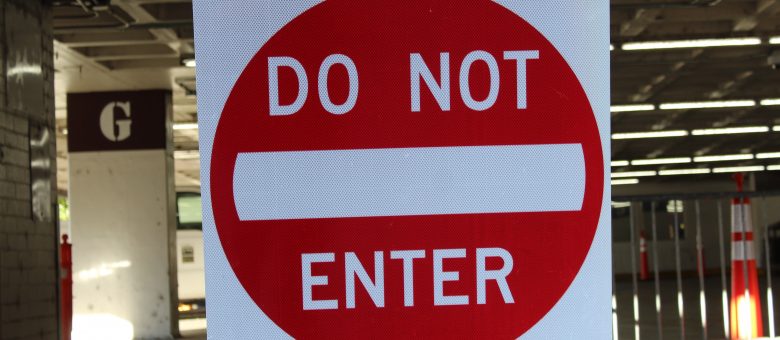
| July 29, 2020 | Comments Closed |
Do Not Enter: What Every Professional Needs to Know about Zones
When professionals are performing at their best, they are happy and excited because they are doing a task skilfully and easily; in other words, they are operating in ‘the zone’.
When you think about your job, how often do you think in terms of your role, skills and competencies?
Although these things are important in understanding what you do, it’s also essential that you stop and look at how you and your people actually approach your jobs. One way to do that is to take a step back and find out where you and your people are coming from by understanding which culture zone your business is operating in.
Everyone lives and works predominantly in one of four zones: the lost zone; the comfort zone; the fear zone; and the opportunity zone. There is movement back and forth between zones, of course, but most professionals stabilize in one place – at least for a period of time.
The Lost Zone
Professionals who live in this zone are not interested in improving. Many make zero changes and, although they still working at their jobs, effectively they ‘retired’ years ago. They are disengaged and have no interest in the future.
The Comfort Zone
In contrast to those in the lost zone, professionals in the comfort zone want to be effective. They have tasted success in the past and want to continue to succeed, so they do the same things that have worked for them in the past.
These professionals fail to notice that the world around them is changing. They consider themselves open-minded, but in reality, they are not. They might be smart, but they have ‘blinders’ on, and they do not always seek or receive the support that would help them see around their blinders and progress beyond their comfort zone.
The Fear Zone
The fear zone is often the destination of professionals who have spent too much time in the comfort zone. It’s not unusual for most professionals to enter the fear zone at some point in their career.
What’s good about this zone is that it grabs their attention and wakes them up. Professionals in the fear zone certainly care about their performance, or they wouldn’t be there. They want to get better, but because they feel panicked and under pressure, they are unable to learn or perform well in the fear zone. Their judgement becomes impaired, they become reactive and their performance can become paralysing, if not career-ending.
The Opportunity Zone
This is the place to be. The opportunity zone is where individuals, teams and businesses perform at their best. Professionals in this zone are actively involved in their work and committed to developing themselves and their careers.
This can also be difficult to sustain, which is why many professionals move back and forth between zones. The key to staying in the zone is incremental, planned development, which offers the best opportunity for continued growth, one step at a time, and steady movement forward.
Teamwork also helps professionals remain in this zone. In the Tour De France, for example, one member of the team serves as its leader, and the other team members do everything they can to help the leader win. The cycling team’s strategy centres on the notion that it’s easier to pedal when there’s someone in front of you to cut the wind.
An effective leader or coach can be the catalyst to drive change – from the comfort zone to the opportunity zone where there are no outer parameters, where people are always changing and improving, and where there is always room to become better.
Next steps
Which zone are you operating in right now?
In which zone do you want to be? If it’s the opportunity zone, then how can you and your team get there, and stay there?
How can you configure your business to increase the odds of remaining in the opportunity zone?
Operating in the wrong zone can present a major obstacle.
Operating in the right zone is profitable and extremely rewarding.


